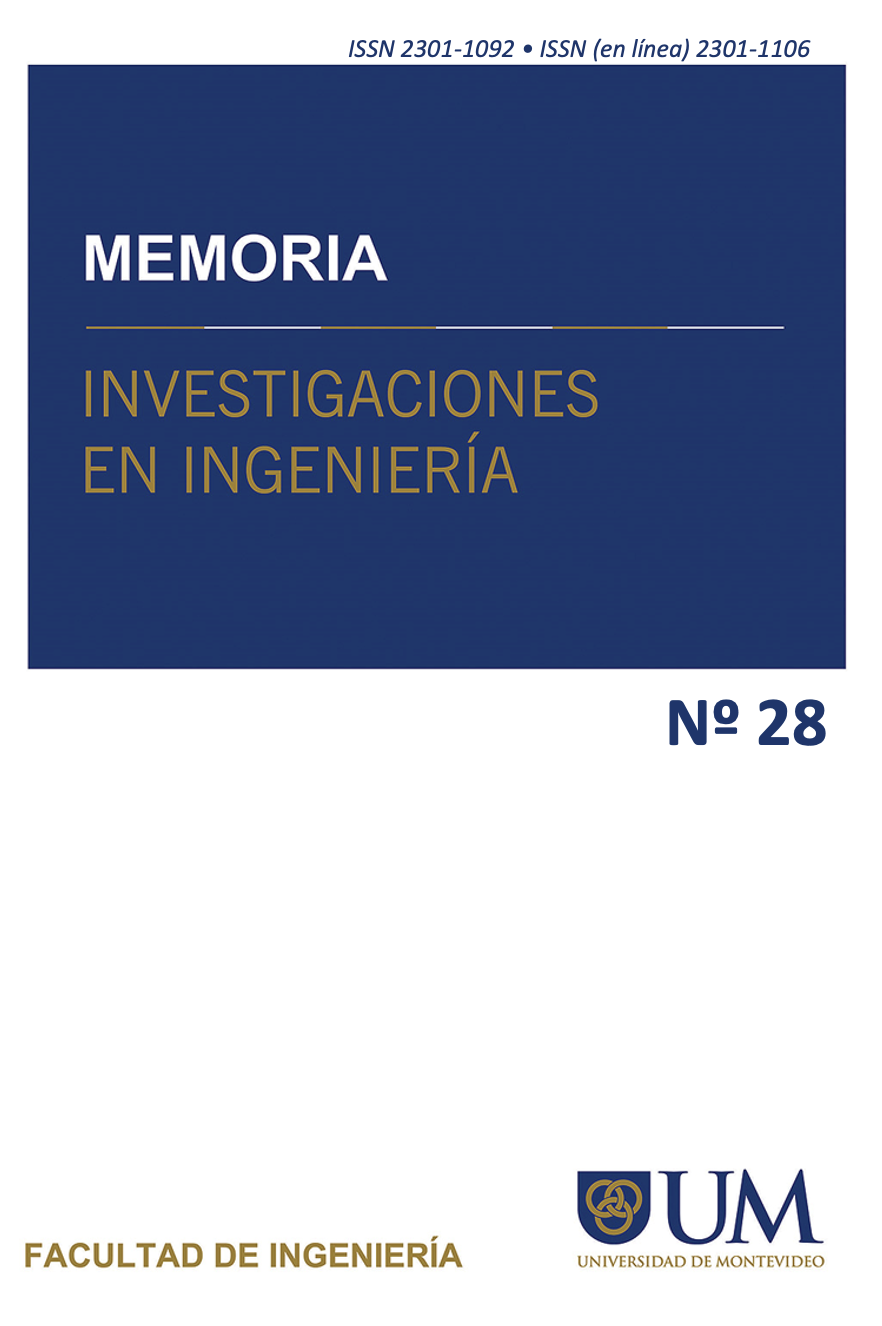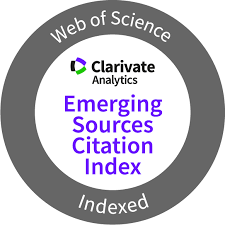Evaluation of psychosocial risk factors and their impact on the work performance of the workers of the District Municipality of Yuracyacu
DOI:
https://doi.org/10.36561/ING.28.18Keywords:
Psychosocial risk factors, occupational performance, ISTAS21Abstract
The objective of this research is to evaluate the impact of psychosocial risk factors on the job performance of employees at the District Municipality of Yuracyacu. A short and adapted version of the psychosocial risk factors questionnaire from the ‘Superintendencia de Seguridad Social’ (Social Security Superintendence) and the ‘Instituto Sindical de Trabajo, Ambiente y Salud’ (Trade Union Institute for Work, Environment and Health) was used. This questionnaire consists of 20 items and 5 dimensions. Job performance was assessed using a 21-item questionnaire, where each item had 5 Likert-scale response options. Subsequently, the Shapiro-Wilk test and Pearson’s correlation test were applied to process the statistical data.
The results show that the dimensions of psychosocial risk factors were high, as the dimensions of ‘active work and skill development,’ ‘social support in the company and leadership quality’ and ‘compensations’ revealed that 100% of workers exhibited a psychosocial exposure level more unfavorable to health. Regarding job performance levels, 31% of respondents had an elevated level of performance, while 24% had a low level of it. Finally, the statistical results showed a correlation of -0.819, indicating a strong negative relationship between psychosocial risk factors and job performance. In other words, the greater the presence of psychosocial risk factors, the lower the job performance.
Downloads
References
M. M. Díaz Orihuela, J. V. Chávez Sosa, L. V. Castillo Zamora, D. L. Marquez Arcce, J. D. Tantajulca Zuta y D. B. Santamaría Gutiérrez, «Factores psicosociales y rendimiento laboral en colaboradores de una institución educativa privada, Lima, 2021,» Revista Cuidarte, vol. 14, nº 3, pp. 1-11, 2023.
W. d. J. González García y R. Vilchez Pirela, «Factores del desempeño laboral del personal administrativo en universidades nacionales experimentales,» Pensamiento y Gestión, nº 51, pp. 1-21, 2021.
E. Bohórquez, M. Pérez, W. Caiche y A. Benavides Rodríguez, «La motivación y el desempeño laboral: El capital humano como factor clave en una organización,» Universidad y Sociedad, vol. 12, nº 3, pp. 385-390, 2020.
OMS, «Salud mental: fortalecer nuestra respuesta,» Organización Mundial de la Salud, 17 junio 2022. [En línea]. Available: https://www.who.int/es/news-room/fact-sheets/detail/mental-health-strengthening-our-response/?gad_source=1&gclid=CjwKCAiAlJKuBhAdEiwAnZb7lbuXHsaChxa-IkxdEI-FudM-sYb_z6WlLmH6ir6qoM5iYy7wXVH-ahoC6PYQAvD_BwE. [Último acceso: 10 Enero 2025].
OIT, «Nota informativa sectorial de la OIT,» Organización Internacional del Trabajo, Ginebra, 2020.
R. Hernández Sampieri, C. Fernández Collado y P. Baptista Lucio, Metodología de la investigación, México D.F.: McGRAW-HILL / INTERAMERICANA EDITORES, S.A. DE C.V, 2014.
A. Aguilar Velásquez y M. G. Lora Loza, «Factores de riesgos psicosociales y desempeño laboral en trabajadores atendidos en Policlínico de una empresa minera del Sur Peruano, 2021,» Universidad César Vallejo, pp. 1-105, 2022.
R. L. Soliz Baldomar, «El impacto de los factores de riesgo psicosocial en trabajadores del sector industrial,» Trascender, contabilidad y gestión, vol. 7, nº 20, pp. 71-78, 2022.
E. C. Quiroz Risco y D. A. Mamani Chullunquia, «Factores de riesgo psicosocial y el desempeño laboral de los trabajadores de la Municipalidad Provincial de Trujillo,2020» Universidad Privada Antenor Orrego, pp. 68, 2020.























